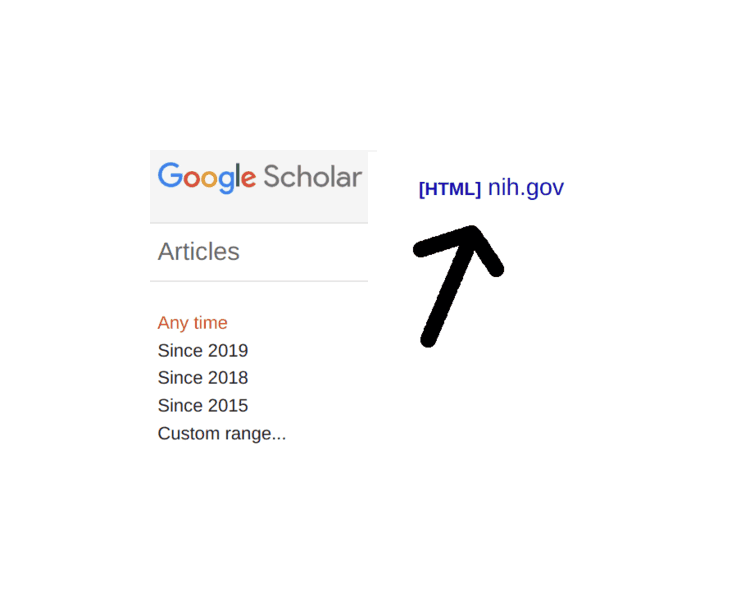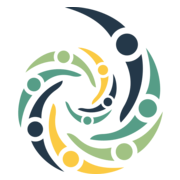Killing the Zombie
How our minds are used by others to distribute information in their interests and what to do about it. This issue is about intentional communities, ownership, and internet search strategies.

This week I stumbled over a lovely quote that nudged my mind into some introspective thinking and reflecting:
Think before you speak. Read before you think.
I noticed both in myself and others that we often fall into the trap to form opinions about topics we haven’t educated ourselves about. This seems to be particular prevalent when our mind is poked by media that is designed to arouse our emotions, such as news formats, social media platforms, or TV shows. Mostly because the human emotional response limits our ability to reflect in more analytical and logical ways and therefore makes it way easier to steer and manipulate people into specific behavior.
On top of that, we don’t just form opinions in emotionally aroused states from small bits of information that are served to us through our phones, advertising in subway stations and speakers in the supermarket, we also often repeat these messages without even having reviewed and contemplated about them. And how could we? We live in a time of informational overload where we’re drowned in snippets of information from morning till evening via online post scraps shared in chat groups, from coworkers at lunch and from friends at dinner, and the habitual 20-minute TV shows at night.
We should think about our input before speaking; actually before any form of communication that represents speech, such as posting, sharing, texting, (e)mailing, etc.
Alright, good that we got that straight. But there’s another catch. If I keep thinking about the same kind—or vastly similar kind—of snippets of information without relating it to a broader context of both supporting and contradicting concepts, I keep spiraling within a filter bubble that is predisposed to elicit speech based on strong emotional responses.
Therefore, we should read about the things we think about. Reading in this context can be any form of informational intake that constitutes larger, contextualized, reflective concepts and ideas. All from different authors from different countries and with different ethnicities, belief systems, and religions. Such information we can find in professional magazines, lectures, dialogues, discussions, debates, podcasts, and, first and foremost, in books.
Now, why is all that important? Because otherwise, if we we don’t support our thinking with the kind of information that has the potential to become knowledge before we speak and distribute what we hear, we become zombies. Mere shells that serve as distribution vessels for the message of others. It is virtually as if someone else uses our brains and voices for their own purposes. If you want to dive deeper into this topic, check out this article:

This shall serve as a reminder for myself, and perhaps you’ll find it valuable as well:
- Don’t just repeat what you hear.
- Take the time to read about what you heard.
- Take the time to think about what you read.
- Discuss with others what you think—if possible in real dialogues.
Have a phenomenal week!
⏤Ferdinand
✨ Sparks
🌐 Website: Foundation for Intentional Community
Organization with 30+ years of experience and partnerships that fosters the growth and cultivation of intentional communities around the globe as pathways towards a more sustainable and just world. Their site offers resources and training as well as a directory of 1000+ communities, with the self-declared goal of tackling some of the most prevalent social problems in traditional and modern cultures in a holistic way. Problems that result from mutually reinforcing systems that perpetuate harm and foster violence, including
- social isolation, division, disconnection, & trauma
- inequality, injustice, oppression, & exploitation
- climate disruption and ecological system collapse
At a time when too many of us feel isolated and alone, intentional communities offer more sustainable and just ways of living together. The Foundation for Intentional Community (FIC) has over 35 years of service to a growing movement of people joining and building intentional communities.

🤓 Encyclopedia: Property and Ownership
Elaborate collection of thoughts about the concepts of property, private property and possession by Jeremy Waldron in the Stanford Encyclopedia of Philosophy. It includes a historical overview as well as an extensive reference list.
🌐 Website: Internet Search Tips
Ultimate guide to find anything on the internet, including advanced tips and tricks for effective Internet research of papers and books with real-world examples.

💡 This Week’s Wisdom
You find time the same place you find spare change: in the nooks and crannies. You find it in the cracks between the big stuff—your commute, your lunch break, the few hours after your kids go to bed.
From Show Your Work! by AUSTIN KLEON.
Captured and resurfaced using the phenomenal Kindle reader.
Did you enjoy this issue? If you draw value from Sunday Sparks please consider contributing to this publication’s financial freedom.
Flows straight into content, not coffee.







